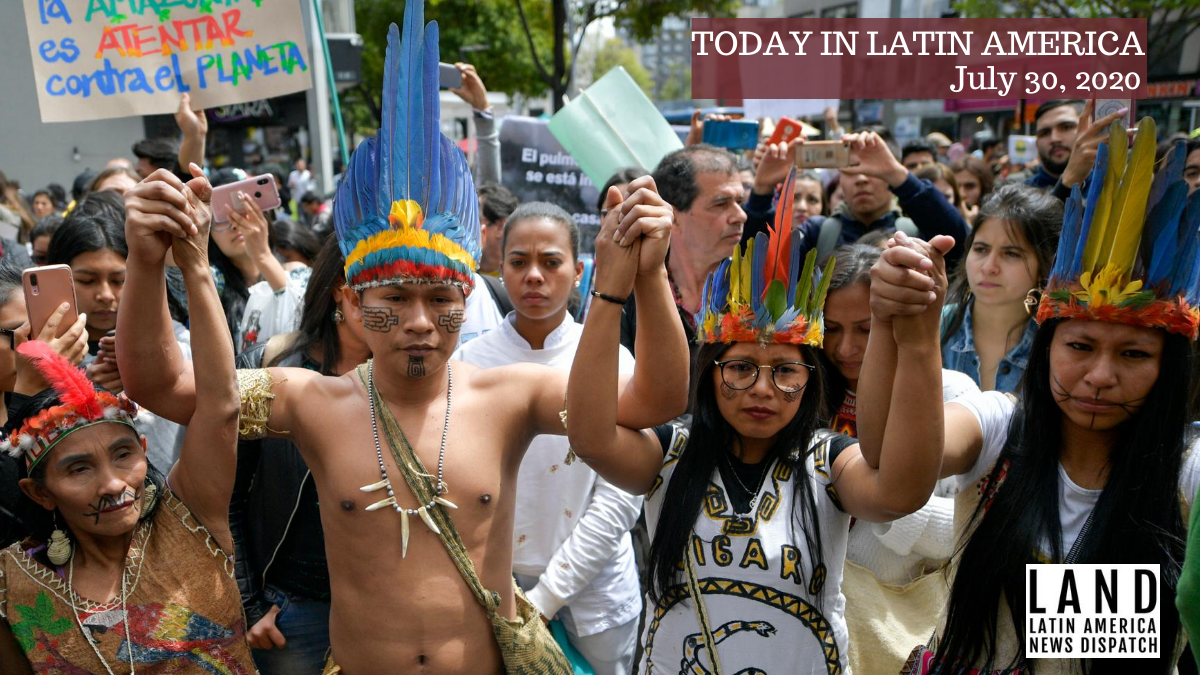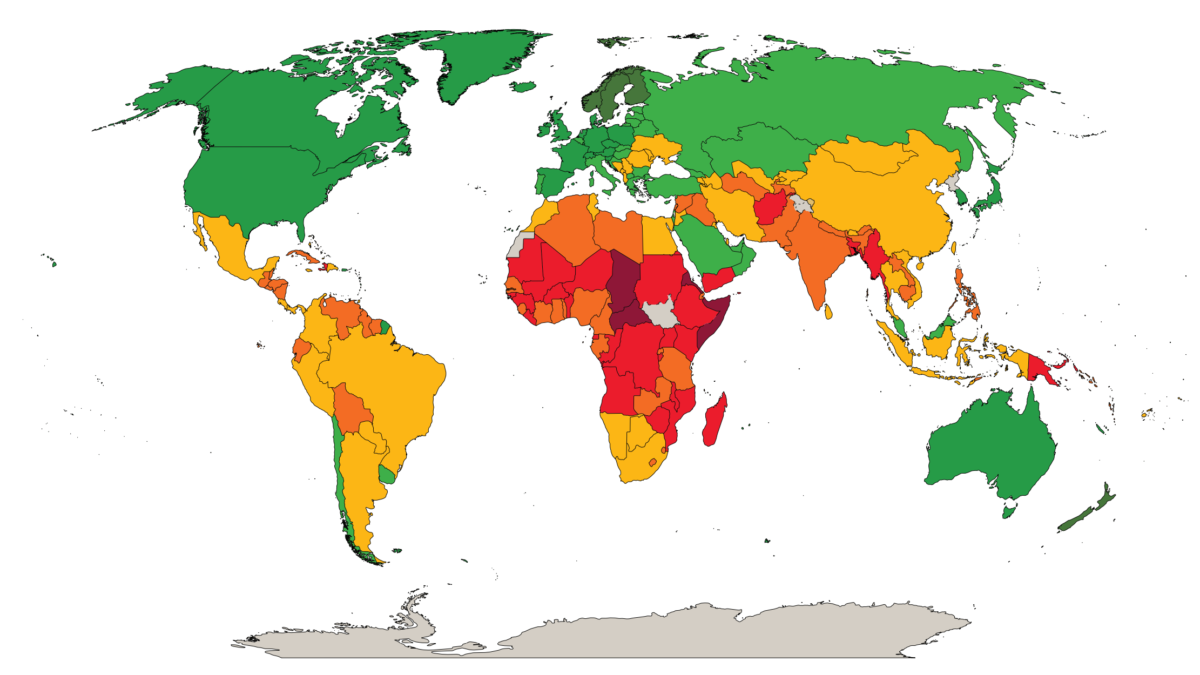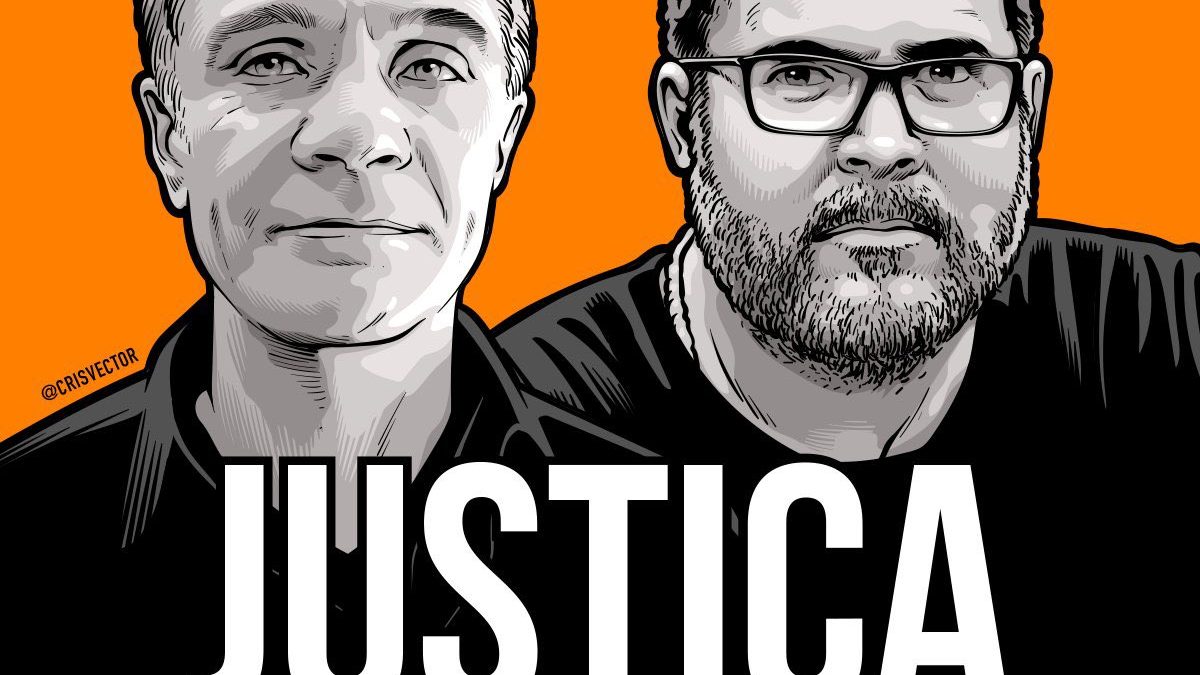Brazil ignored the warnings about COVID-19 – “A human catastrophe of unimaginable proportions”
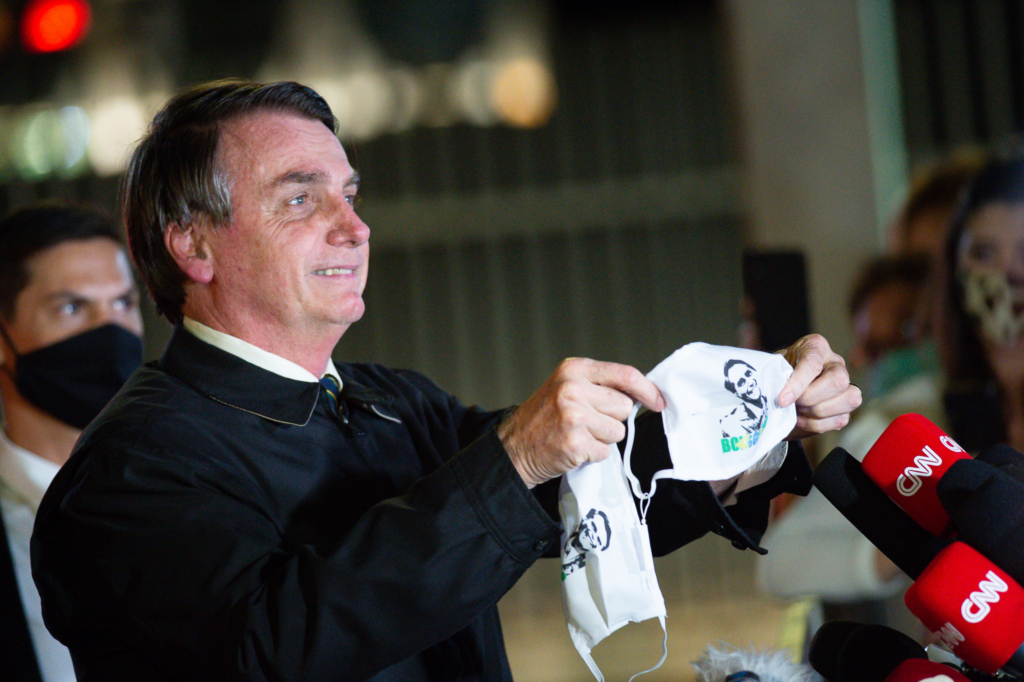
By Terrence McCoy
16 June 2020
RIO DE JANEIRO (The Washington Post) – Weeks ago, when this seaside metropolis had recorded fewer than 10,000 cases of the novel coronavirus and there still appeared to be time, some of Brazil’s most respected scientists made their last-ditch appeal. The country had reached a pivotal juncture. Cases were skyrocketing. The hospital system was teetering at capacity. Thousands had already died.
So Carlos Machado, a senior scientist with Brazil’s prestigious Oswaldo Cruz Foundation, wanted the language to be strong. At the request of Rio officials, his team was assembling a list of recommendations. He needed to make clear what would happen if they didn’t immediately impose a complete lockdown.
“It would result,” the team warned in the early May report, “in a human catastrophe of unimaginable proportions.”
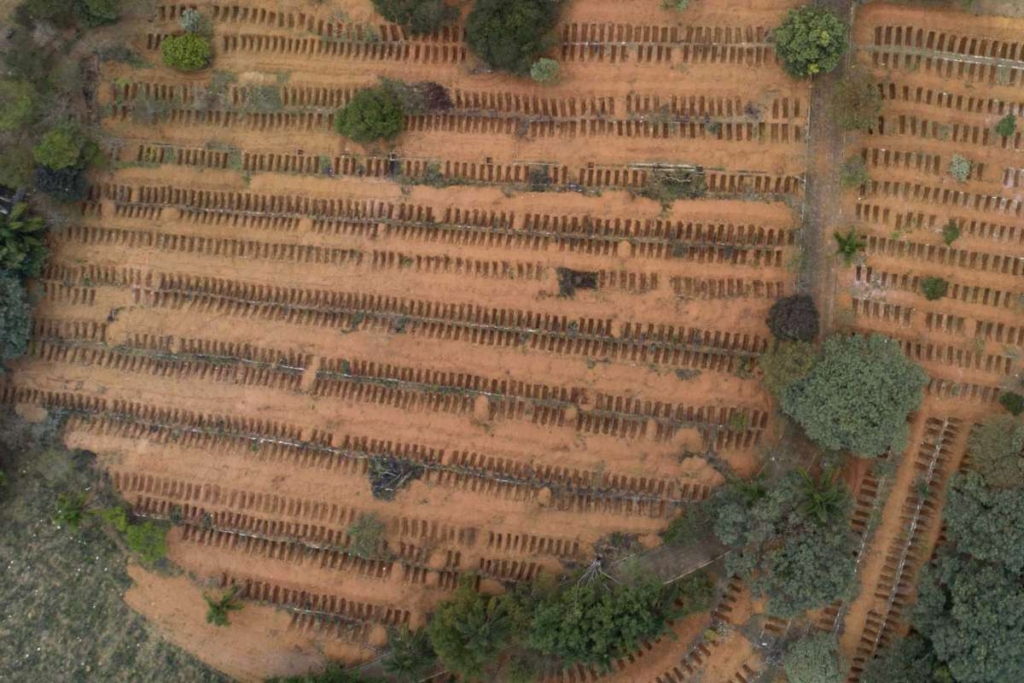
But the officials never instituted a lockdown. Cases and deaths soared. People stopped isolating, choosing instead to pack beach boardwalks on weekends. And the warning turned out to be just one more exit ramp that Brazil declined to take on its way toward becoming the second-most disease-ravaged country in the world.
Latin America’s largest country has so far registered more than 888,000 coronavirus cases and nearly 44,000 deaths, second on both counts only to the United States. But while other countries have been through steep curves and are now focused on preparations for a possible second wave, Brazil can’t even get past its first.
What’s happening here appears to be unique on a global level. Despite soaring numbers, officials never implemented measures largely successful elsewhere in the world. There has been no national lockdown. No national testing campaign. No agreed-upon plan. Insufficient health-care expansion. Instead, the hardest-hit cities are now deciding to open up, throwing open the doors to malls and churches, at a time when the country is routinely posting more than 30,000 new cases a day — five times more than Italy reported at the peak of its outbreak.

The inaction has pushed the country onto a path that scientists call uncharted.
“We are doing something that no one else has done,” said Pedro Hallal, an epidemiologist at the Federal University of Pelotas. “We’re getting near the curve’s peak, and it’s like we are almost challenging the virus. ‘Let’s see how many people you can infect. We want to see how strong you are.’ Like this is a game of poker, and we’re all in.”
Brazil is on a trajectory to register more than 4,000 deaths per day and overtake the United States in both cases and deaths by the end of July, according to researchers at the University of Washington. But just as the pandemic is magnifying the similarities between the United States and Brazil — two continent-sized countries with extreme inequality and populist presidents — it is also revealing the chasm between them. Brazil has neither the world’s biggest economy, nor one of its strongest health-care systems, nor the U.S. Centers for Disease Control and Prevention. [more]
